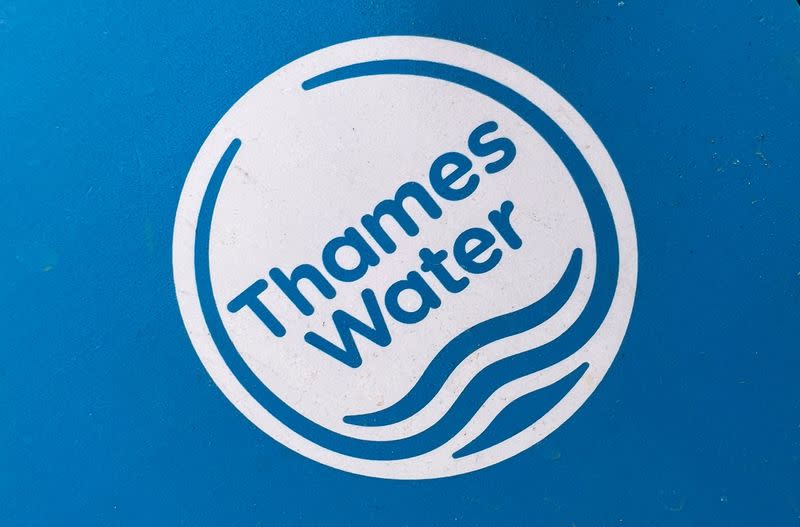Factbox-Thames Water: How did it get to the brink?

By Sarah Young
LONDON (Reuters) - Thames Water faces potential nationalisation after shareholders reneged on a promise to plough in new equity, putting the company's finances and future at risk.
The utility is struggling under a 15 billion pound ($19 billion) debt pile and a worsening environmental record. It wants the regulator to allow it to raise customers' bills by 40% to fund investment.
The group is racing to secure more funding to avoid being put into special administration and ultimately nationalisation.
Here is a summary of major developments:
HISTORY
Britain's water and sewerage industry was privatised in 1989 by Margaret Thatcher's Conservative government, partly driven by the need to ramp up investment to meet EU environmental standards and upgrade its networks of Victorian-era pipes.
After a period as a listed company, Thames Water was bought by German utility RWE in 2001. Five years later it was taken over by investors led by Australian financial services group Macquarie.
During Macquarie's ownership from 2006 to 2017, Thames paid its investors dividends of 2.7 billion pounds ($3.45 billion) while its debt pile tripled to almost 11 billion pounds.
CURRENT OWNERS
Thames Water's biggest shareholder is Canadian pension fund Ontario Municipal Employees Retirement System, at 32%. Britain's Universities Superannuation Scheme (USS) owns 20%. An Abu Dhabi-based fund, another Canadian fund, Britain's BT pension fund Hermes and China Investment Corp all have less than 10%.
Successive turnaround plans have yet to improve the company's performance. Hamstrung by debt and with gearing at 84%, raising new debt could be challenging.
Last July, shareholders agreed to invest 750 million pounds of new equity. They have now refused to provide an initial 500 million pounds, blaming the water industry regulator.
Even if the current standoff between the company, its shareholders and the regulator over whether it can increase bills to fund investment is resolved, there are further problems down the line.
Thames Water had already warned last July that it would need an extra 2.5 billion pounds between 2025-2030.
Dividends have been paid to service debt inside a complex company structure, but the external shareholders have not been paid a dividend since Macquarie sold out.
The company had liquidity of 4.4 billion pounds in July last year. That had fallen to 2.4 billion pounds on Thursday. Chief Executive Chris Weston said that was enough to last until May 2025.
WHAT NEXT?
In June, Thames Water will receive regulator Ofwat's five-year determination on future bills, investment and returns. Thames Water has asked to put up bills by 40% over the 2035-2030 period.
Weston, who was appointed in January, said Ofwat's ruling could be the basis for current shareholders to stump up funds or to seek new equity from new investors.
Under a complicated corporate structure, Thames Water is owned by Kemble Water. The shareholders, who own both, said Kemble Water would not be able to repay a 190-million-pound facility due on April 30 and it would ask lenders for an extension.
If Kemble were to collapse, Thames Water, which is ring fenced, would owe "no residual obligations" to Kemble and could continue as a going concern, Thames has said.
Special Administration allows regulated entities like water and energy companies to operate while their future is settled. The outcome of this process can be a restructuring to help to attract new investors or a break-up of the company.
FUTURE CHALLENGES
Ageing infrastructure is a big problem for Thames Water, with many of its pipes dating back to the 19th and early 20th centuries and struggling to handle rising demand.
Regular dumping of raw sewage in rivers and the sea by water companies has caused public outrage in Britain.
Data released on Wednesday showed that raw sewage was discharged for more than 3.6 million hours in 2023, more than double the previous year.
($1 = 0.7918 pounds)
(Reporting by Sarah Young. Editing by Jane Merriman)

